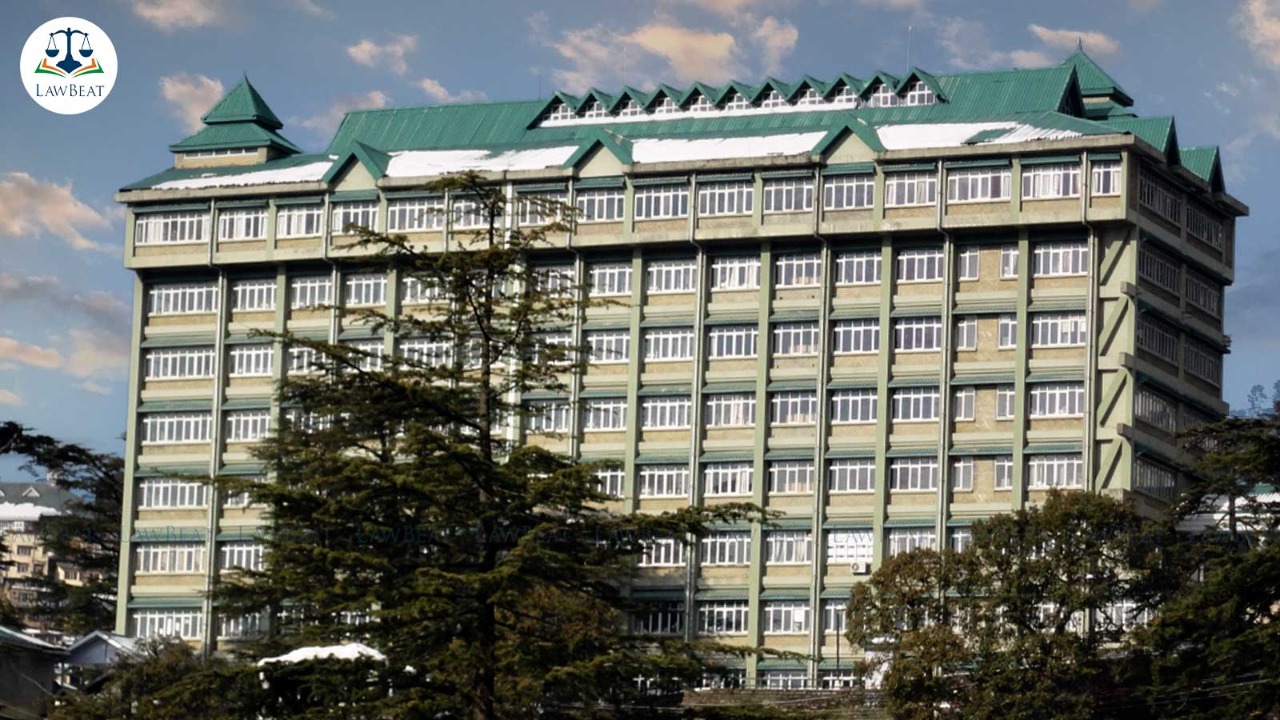'Common entrance tests not intended to ensure filling of all seats but to achieve excellence in higher education standard': Himachal Pradesh High Court

The Himachal Pradesh High Court recently observed that the holding of a common entrance test is not intended to ensure that all seats in the institutes are filled up but to ensure that excellence in standards of higher education is maintained and merit of the students is tested on certain parameters.
The full bench consisting of Chief Justice Mohammad Rafiq, Justice Sandeep Sharma and Justice Jyotsna Rewal Dua observed thus while dealing with a matter referred to it in view of the conflict of opinion between two Division Bench judgments of the high court.
Referring to the Apex Court's ruling in A.P.J. Abdul Kalam Technological University and another vs. Jai Bharath College of Management and Engineering Technology and others (2021) that the University/State Government concerned has the power to fix higher eligibility criteria than the minimum prescribed by Central Governing Body/AICTE, to achieve excellence in education, Court said,
"Merely because certain seats have remained vacant with the (Petitioner-) institutes does not justify allowing them to admit students by adhering to only minimum eligibility criteria prescribed by the NCTE."
Court further stressed that "the primary reason of the seats remaining vacant in (various higher education) institutes is mushrooming growth of such private institutions and because degrees or diplomas they award are going out of favour with the students as they are no longer considered promising or attractive for future career prospects and also because of the fact that some of these institutions enjoy bad reputation due to lack of infrastructure, bad faculty and indifferent teachings."
Two writ petitions were moved by several Teachers Training Institutes running diploma course in D.El.Ed., recognized by the National Council of Teacher Training (NCTE), which is an Apex Regulatory Body created under the NCTE Act, it appeared that two division benches of the high court had opined contradictorily upon the issue of filling of vacant seats in institutes post wrapping up of all the counselling rounds after a common entrance test as held by State.
The high court division bench in H.P. B.Ed College Association and ors. vs. State of H.P. & anr. (2010) had allowed the petitioners therein having minimum qualifying academic merit as set up by NCTE which was lower than the criteria set by the University conducting the entrance test to fill up the seats left vacant after the last round of couselling for the exam.
However, in HP Private Universities Management Association (HPUMA) vs. State of Himachal Pradesh and others (2013), another division bench of the high court had taken a contrary view and had held that autonomy granted to private unaided institutions cannot restrict the State's authority and duty to regulate academic standards and had ordered that the institute could not ignore the minimum cut off marks as set for the admission by the exam conducting authority.
Clarifying the position on the issue, the full bench of the Court held that the decision in the 2010 case did not lay down good law and later judgment of 2014 being in tune with the settled proposition of law on the subject, was correctly decided. Holding thus, Court returned the matter to the appropriate bench for further proceedings.
It is the case of the petitioner institutes that since after the last round of couselling of the Common Entrance Test held by the State Government through HP Board of School Education, Dharmshala, for admission in D.El.Ed. courses across government and private colleges, many of their seats remain vacant, therefore they should be allowed to take admission on unfilled seats on basis of the minimum criteria as set by NCTE which may be lower than the cut-off set for qualifying the said test.
Case Title: Shimla Colleged of Education and Ors. v. State of HP and Ors with connected matter
